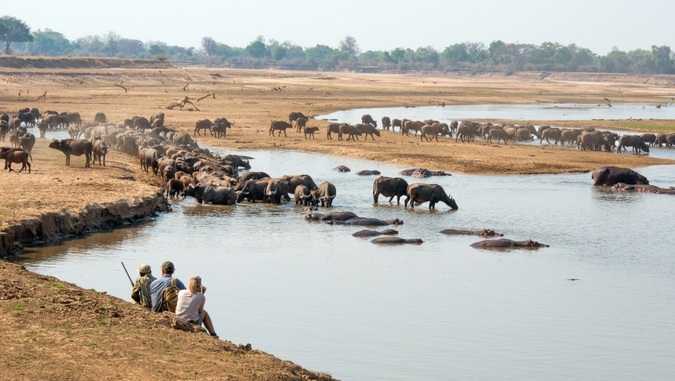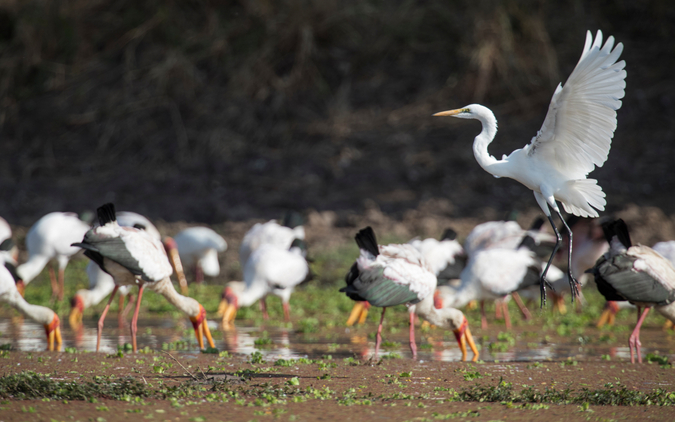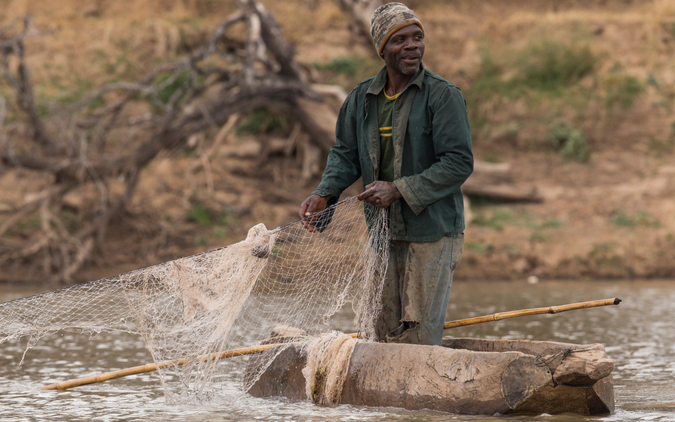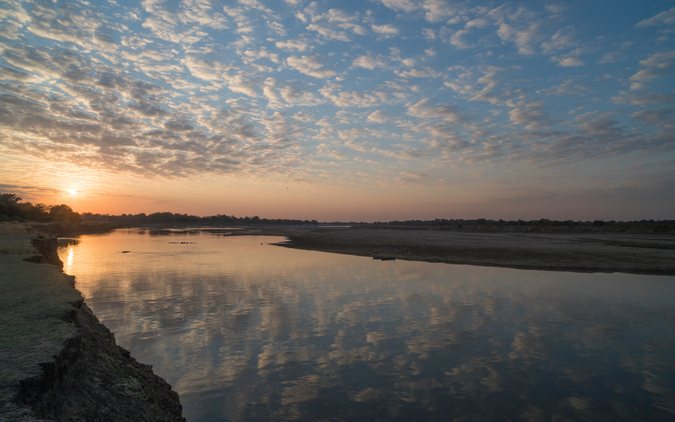
In a move that has delighted conservationists, the Zambian Ministry of Energy has announced that the plans to construct a hydroelectric dam on the Luangwa River has been halted due to the cancellation of the feasibility study rights for the project.
In a press release by WWF Zambia, the plan has been put on hold after the interested developer for the proposed Ndevu Gorge hydroelectric power plant had not undertaken any feasibility study and, therefore, the feasibility study rights were withdrawn.
The Luangwa River is one of the longest remaining free-flowing rivers in Zambia and one of the biggest unaltered rivers in Southern Africa, as identified by the research of WWF and partners. Constructing a hydroelectric dam on the Luangwa River would have threatened the ecosystem services the river provides and would have led to a loss of natural capital on which livelihoods, wildlife-based economies, and heritage values are founded.

A year ago WWF Zambia launched a public campaign to advocate for the protection of the river from threats such as the Ndevu Gorge Dam, deforestation and unsustainable agriculture. Over 197,000 people added their voice to the campaign.
The construction of the dam would have also affected the local communities spread across 25 chiefdoms. The river currently provides extremely valuable and crucial ecosystem services to these people, including safe drinking water, floodplain agriculture, fishing, goods and trade, wild fruit, honey, local construction materials and local crafts. The Luangwa River also has a significant cultural and spiritual heritage for the country.
Quoting Senior Chief Luembe of the Nsenga people, “I wish to thank the government, for listening to our plea. Luembe has the potential to become another area of wildlife tourism in a few years to come. The dam would have disturbed the free movement of wildlife along and across the Luangwa Valley. There are other means that can supply an equivalent amount of electricity like solar power and windmill generators that can be installed along the Muchinga escarpment, with less ecosystem damage”.

The Luangwa River Valley currently provides a mosaic of diverse habitats, including riparian forest, grassed dambos, floodplain grassland and deciduous woodlands. The natural hydrology of the Luangwa River allows for flooding in the rainy season – December to April – creating seasonal wetlands, oxbow lakes, sandbars and other features that create a rich habitat for plants and wildlife.
WWF Zambia says that they have now begun a formal process to urge the relevant authorities to declare the Luangwa River a Water Resource Protection Area, in line with the Water Resource Management Act No. 21 of 2011.

To comment on this story: Login (or sign up) to our app here - it's a troll-free safe place 🙂.![]()






